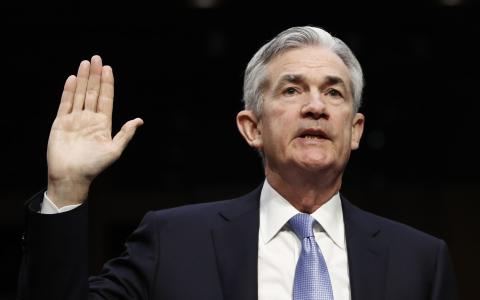
Jerome Powell of the Federal Reserve has called for patience from the public as the Fed deliberates on the optimal timing for initiating reductions in interest rates, with an anticipation of at least one decrease within the year.
During his appearance on CBS' "60 Minutes," Powell presented his argument, acknowledging the challenges faced by the American people during a period of economic adjustment but noting the emerging signs of recovery and optimism. Despite a robust January jobs report indicating a solid economic growth, a strong labor market with a 3.7% unemployment rate, and a decline in inflation, Powell emphasized the need for a cautious approach towards rate cuts.
He indicated that a rate reduction in March is unlikely, citing the committee's desire for greater assurance that inflation will consistently move towards the 2% target. This caution stems not from a lack of confidence in inflation's downward trajectory but from a preference for further evidence before making such a critical monetary policy adjustment.
Powell disclosed that the majority of the Federal Open Market Committee members anticipate a rate cut within the year, maintaining the position that economic conditions have not shifted significantly to warrant a change in their forecasts since their last economic projections in December, which suggested a decrease in rates from the current range of 5.25% to 5.5% to 4.6%.
Addressing concerns of potential homeowners deterred by high mortgage costs, Powell stressed the Fed's commitment to achieving price stability, acknowledging that interest-sensitive spending would remain elevated in the short term as part of the process towards stabilizing prices and lowering interest rates sustainably.
Furthermore, Powell reassured that the Fed's decisions remain apolitical, especially in light of the upcoming general election, and expressed confidence in the current state of the economy, dismissing heightened recession fears.
He noted a healthy economic growth rate of 3.1% in the previous year and downplayed the risk of a banking crisis driven by declining commercial real estate values. While acknowledging challenges for small and regional banks with significant exposures, Powell reassured of ongoing efforts to manage potential losses, indicating that the situation does not pose a crisis of the magnitude seen in past financial disturbances.
Powell highlighted the delicate balance the Fed must maintain in its policy decisions, weighing the risks of acting prematurely against those of delaying too long, with a focus on ensuring the continued strength and stability of the economy.



